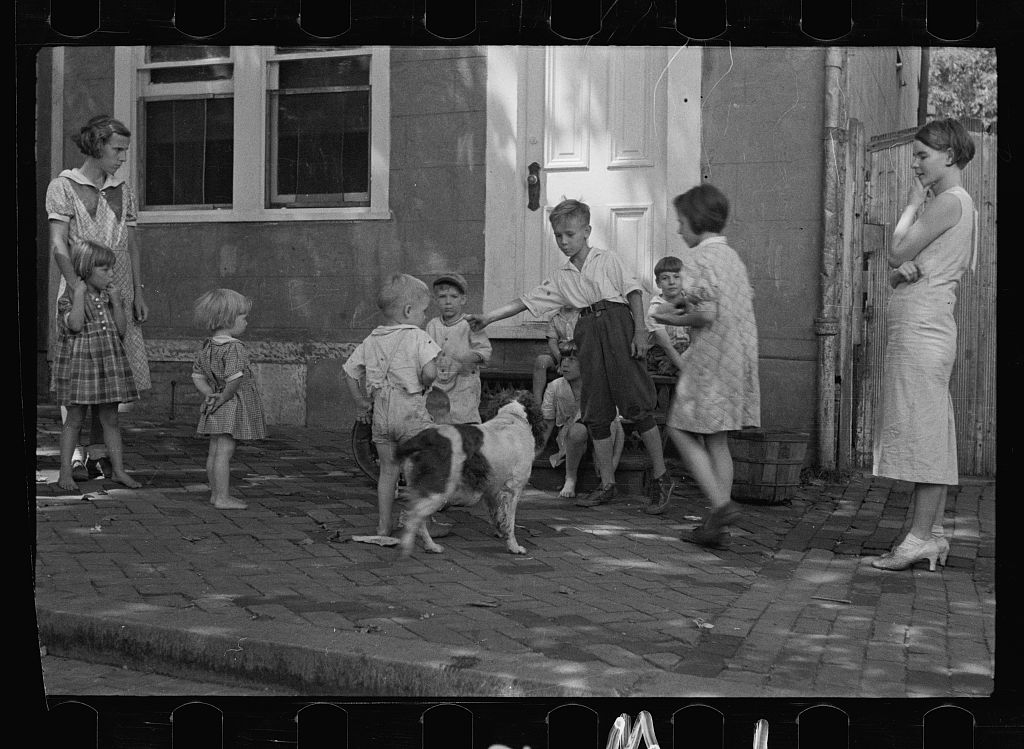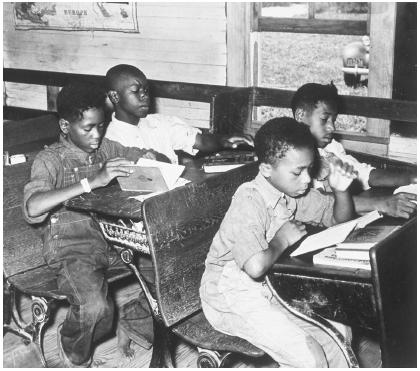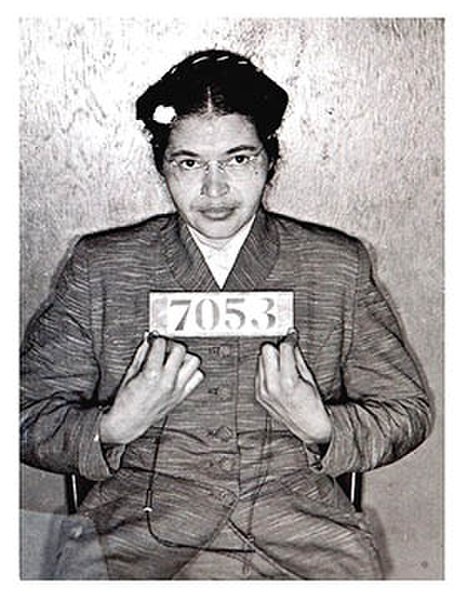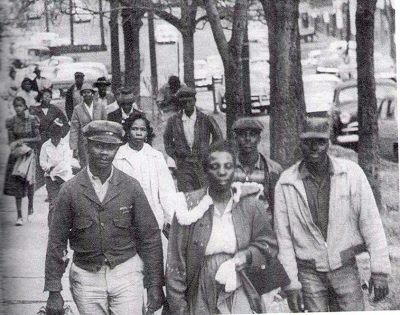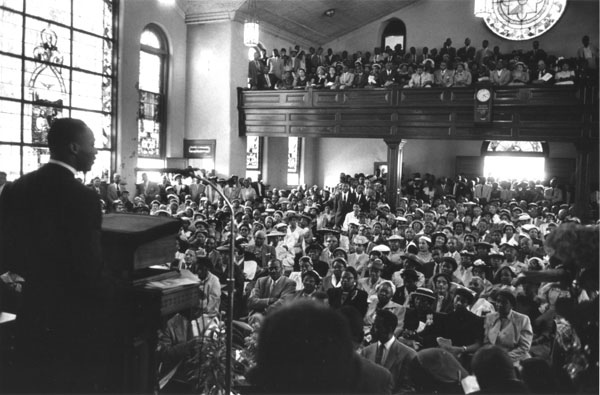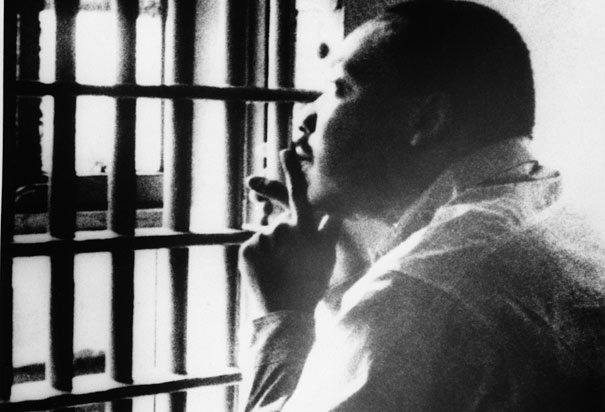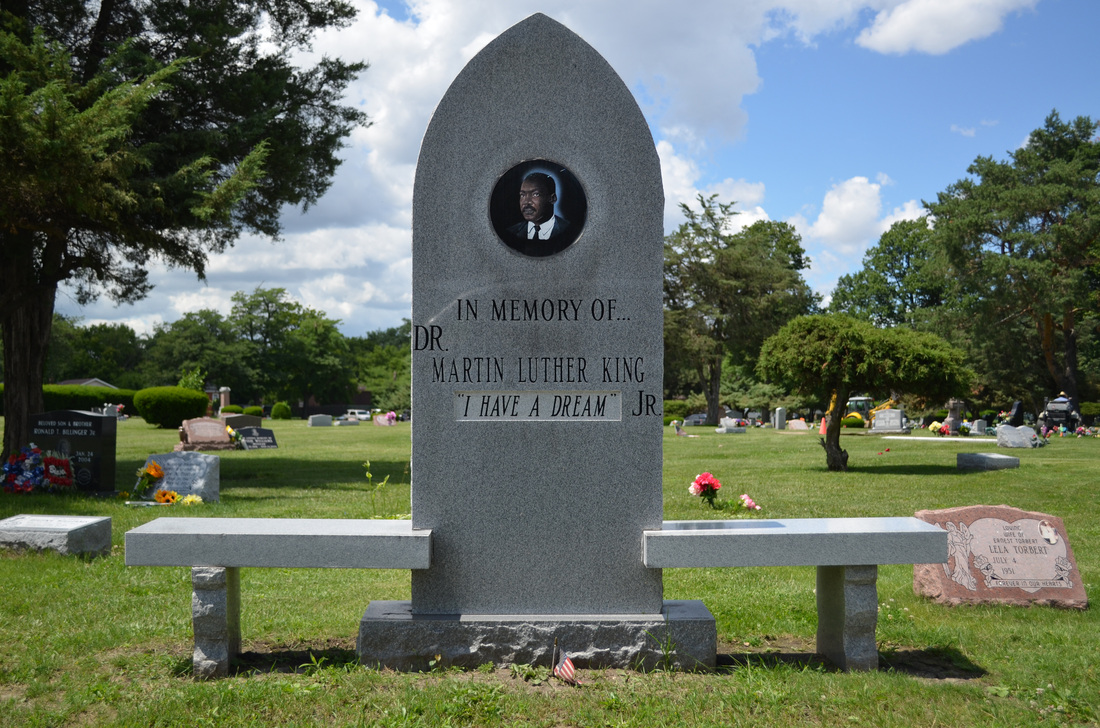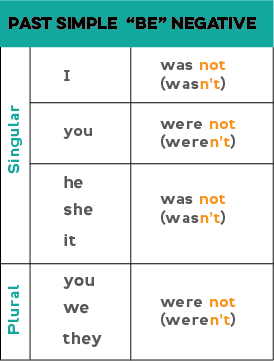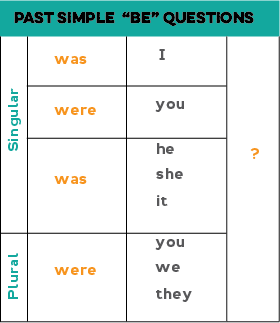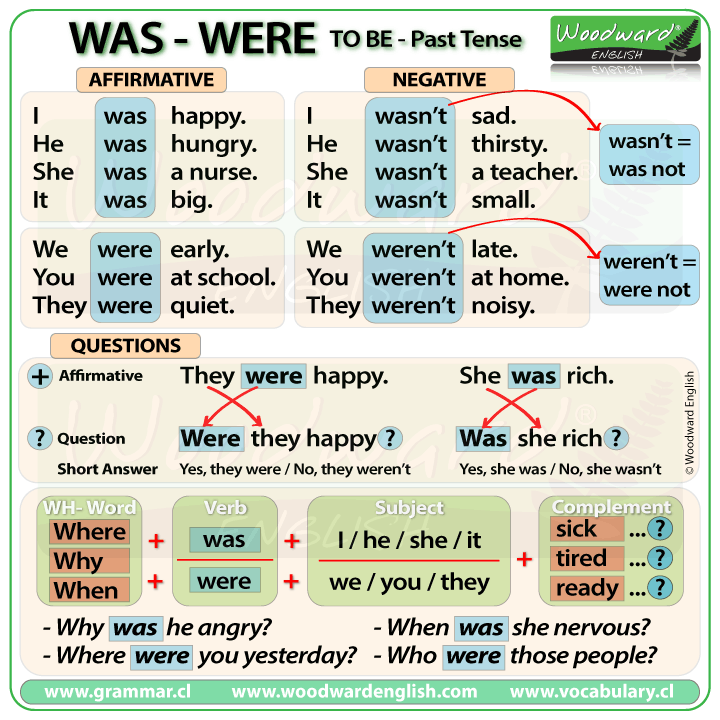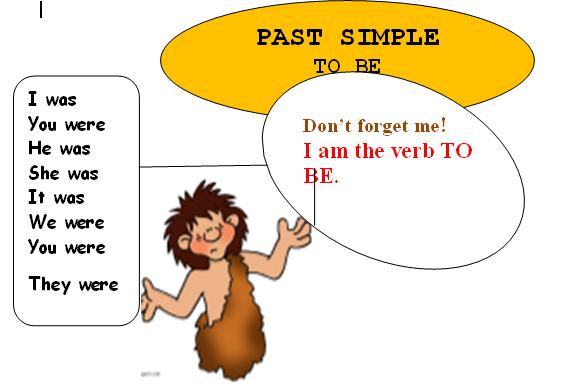Dear students,
We are not going to have a class on Monday, January 16th because it's Martin Luther King's birthday. Here is a post about Martin Luther King. I would like you to read it and remember about this person because he is an important part of American history.
Martin Luther King Jr. was a civil rights leader. He was born in Atlanta, Georgia on January 15, 1929.


Their family lived in his grandparents' large twelve room house.
(M.L.King, his parents, his brother , sister and grandma)
He was born during that time when black people did not have the rights which they have today. Martin Luther King first experienced racial discrimination (it is the actual behavior towards members of another group, or not equal treatment of a person from a certain group or category) when he was a small boy. Their white neighbors did not let him play with their boys. He could not understand this.
At the age of 5, he went to school. However, he started several weeks after the other children, he studied better than other children. He attended Oglethorpe Elementary School. That school was a private school, and his parents paid $25 a year to cover all his expenses.
His first teacher, Miss Lemon, taught him to be independent. She taught her students to learn about black history and take pride in their heritage. She took her students on different field trips. She wanted them to meet some successful black businessmen and professionals.
In high school he was also younger than most of the students and skipped some subjects because he already knew a lot.

He began to study the teachings of Mahatma Gandhi. Gandhi was a man who brought some changes in India. He asked people to not fight, but to protest peacefully. Martin Luther saw this method as the answer to the unfair treatment black people received in America.
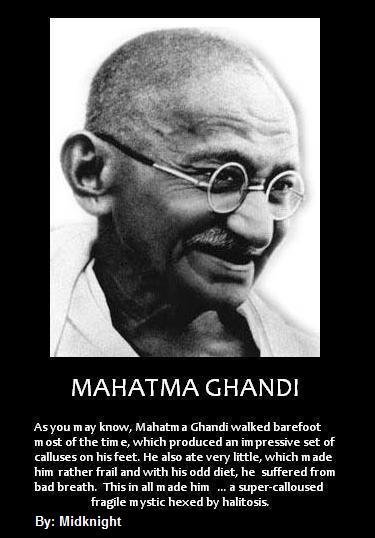
In his last year at college, he was elected a class president and also won an award as the most outstanding student.
He worked on his Ph.D. at Boston University, and met there Coretta Scott, his future wife. They had four children - two boys and two girls. After graduating from Boston University, he became the minister of the Dexter Avenue Baptist Church in Montgomery, Alabama.
Blacks and whites were segregated (separated according to the color of their skin) in Montgomery. They attended different schools and sat in separate sections on buses.
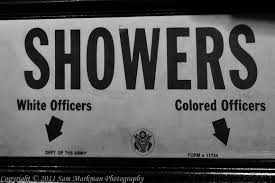



Sometimes blacks were forced to stand on a bus even if there were empty seats in the "white" section at the front of the bus.



Sometimes blacks were forced to stand on a bus even if there were empty seats in the "white" section at the front of the bus.
On December 1, 1955 Mrs. Rosa Parks refused to give her seat on a bus in Alabama to a white passenger. The police were called and she was arrested. The United States Congress called her the Mother of the Modern Civil Rights Movement.
One train porter bailed Rosa out of jail, and he contacted others about starting a boycott of the buses. "Boycott" means they refused to ride buses.
During the Montgomery Bus Boycott, African Americans refused to ride the city buses. This caused the bus system to lose money.
The black leaders were asking for normal treatment from the drivers. No one wanted to be asked to give up a seat for someone else. They also wanted black drivers in the areas where they lived.
The boycott lasted for more than a year and they didn't take buses. They walked, rode bicycles, and rode in car pools to get to work.
In December of 1956 the Supreme Court ruled that bus segregation was unlawful.
In 1957 Dr. King helped establish the Southern Christian Leadership Conference and he became its president.
Black students started sitting and eating at lunch counters. Until that time nobody provided them food service at eating places.
Gradually, the Jim Crow laws that said blacks were to be denied certain rights began to be challenged in many cities in America.
Peaceful marches were organized, and people were arrested because they participated.
On August 28, 1963 Martin Luther King and other leaders led a march into Washington D.C. Over 200,000 people marched from the Washington Monument to the Lincoln Memorial. It was here Dr. King delivered his "I Have a Dream" message.
In 1964 he was awarded the Nobel Peace Prize in Norway. He gave the $54,000 prize money to the civil rights groups which were working to secure the rights blacks deserved.
Dr. King was put in jail 30 times for his resistance.
Some people tried to kill him. Then on April 4, 1968 a gunman did murder him in Memphis, Tennessee.
Some people tried to kill him. Then on April 4, 1968 a gunman did murder him in Memphis, Tennessee.
His widow Coretta Scott King passed away January 30, 2006.
Many changes have taken place in America because of the leadership of Martin Luther King. In 1986 when Ronald Reagan was president, he signed a law establishing a national holiday, Martin Luther King' Birthday.
Here is a song by Lenny Kravitz (a musician, singer, author songs)- "Black And White America". Lyric video is made from Lenny's personal childhood photos.
Here is the video with top ten most powerful Martin Luther King Jr. quotes. Please watch it and choose the best three. In the comment section you can write couple of paragraphs about why those quotes are very important.


